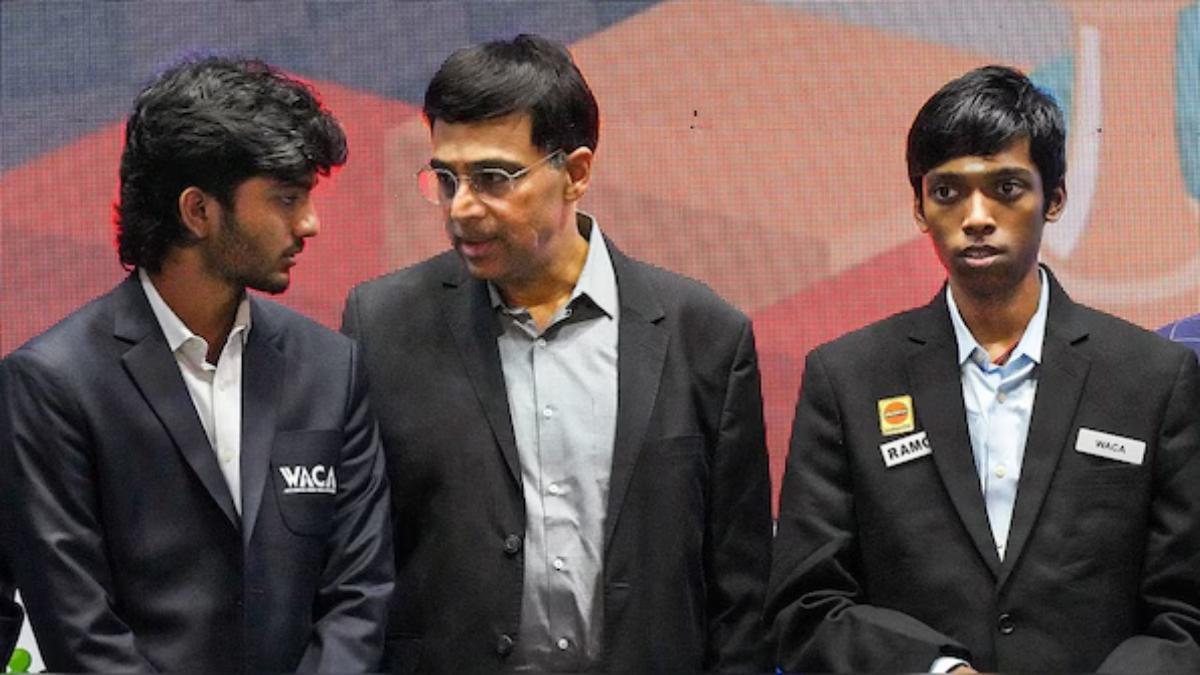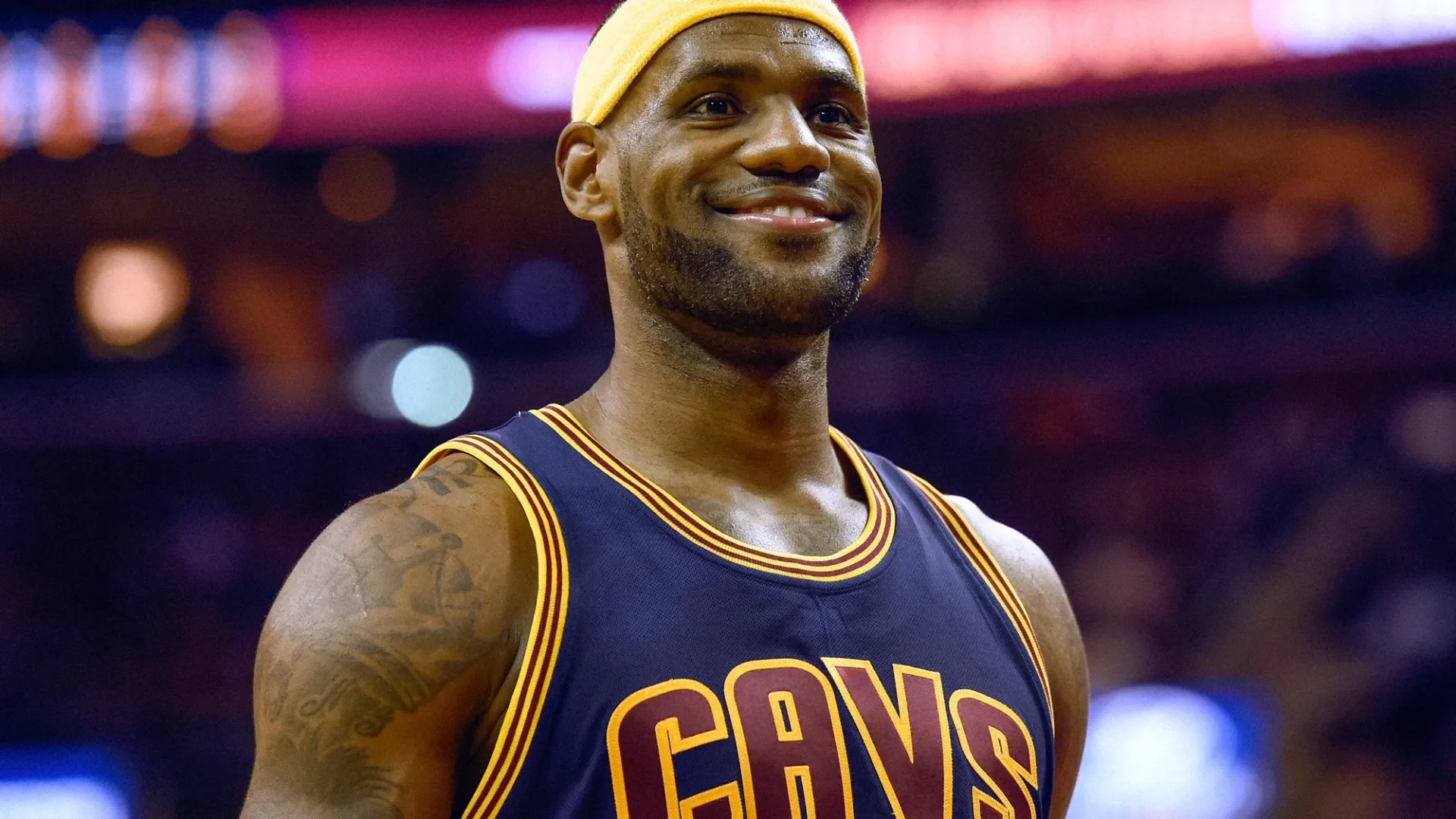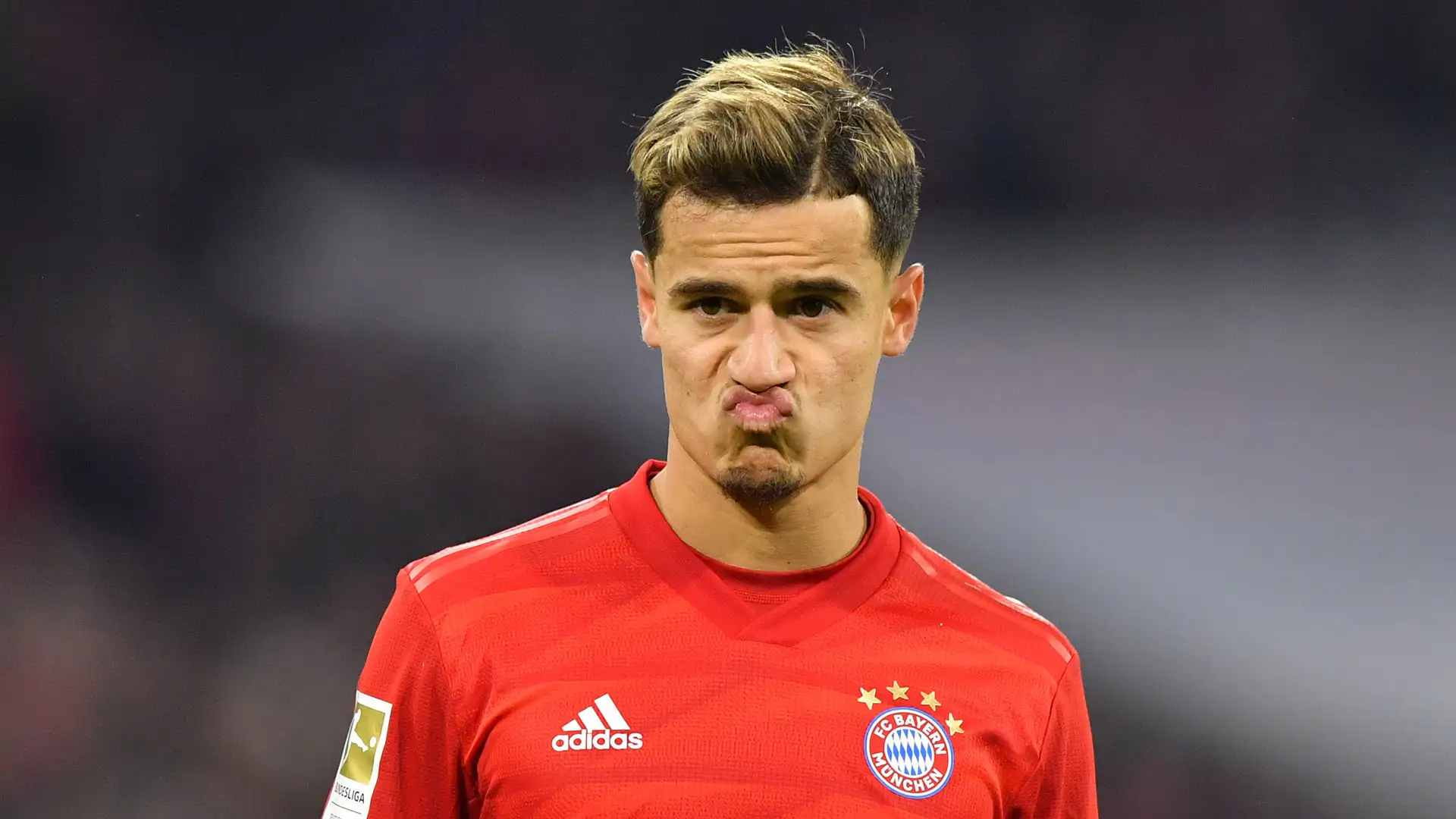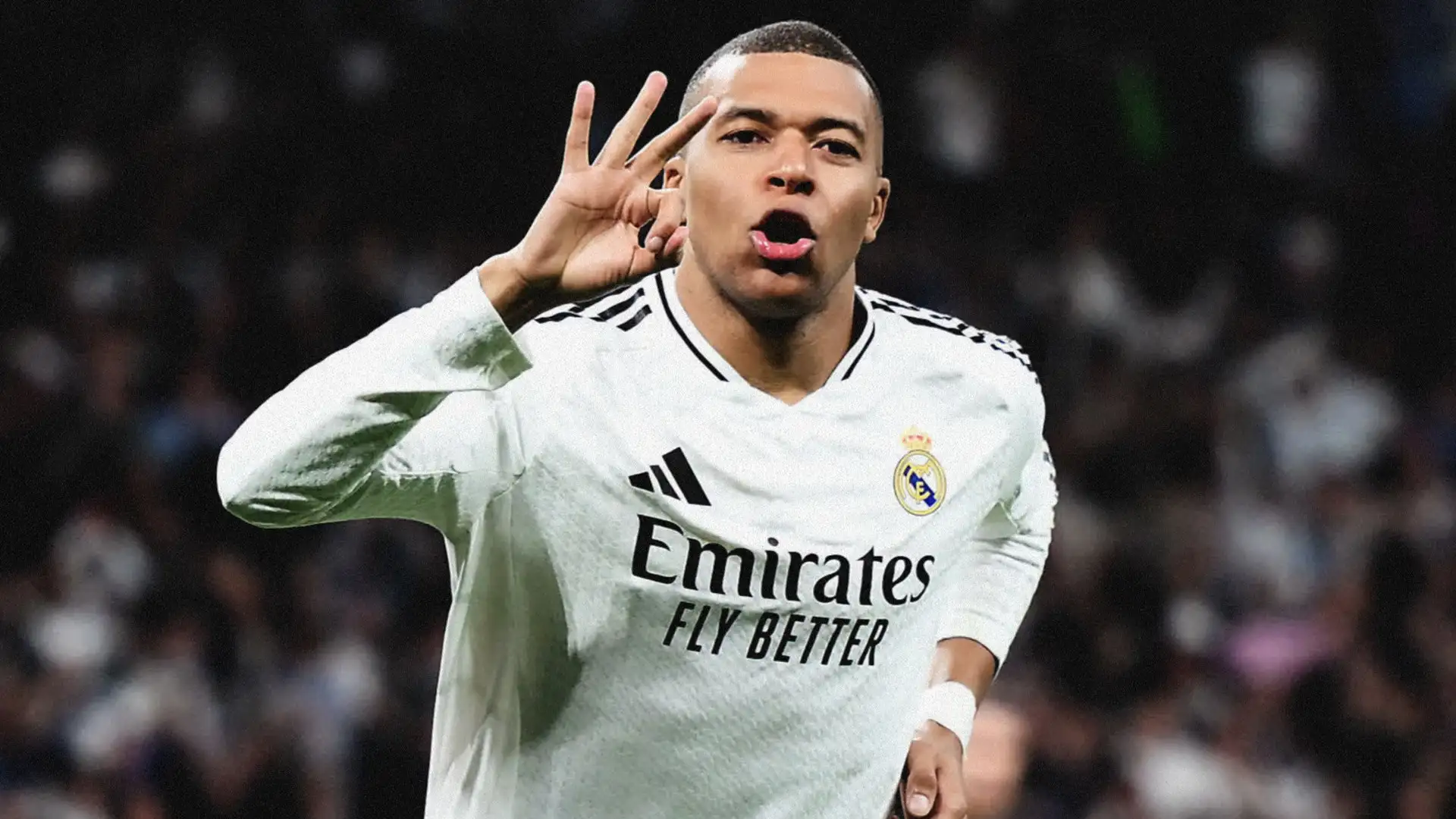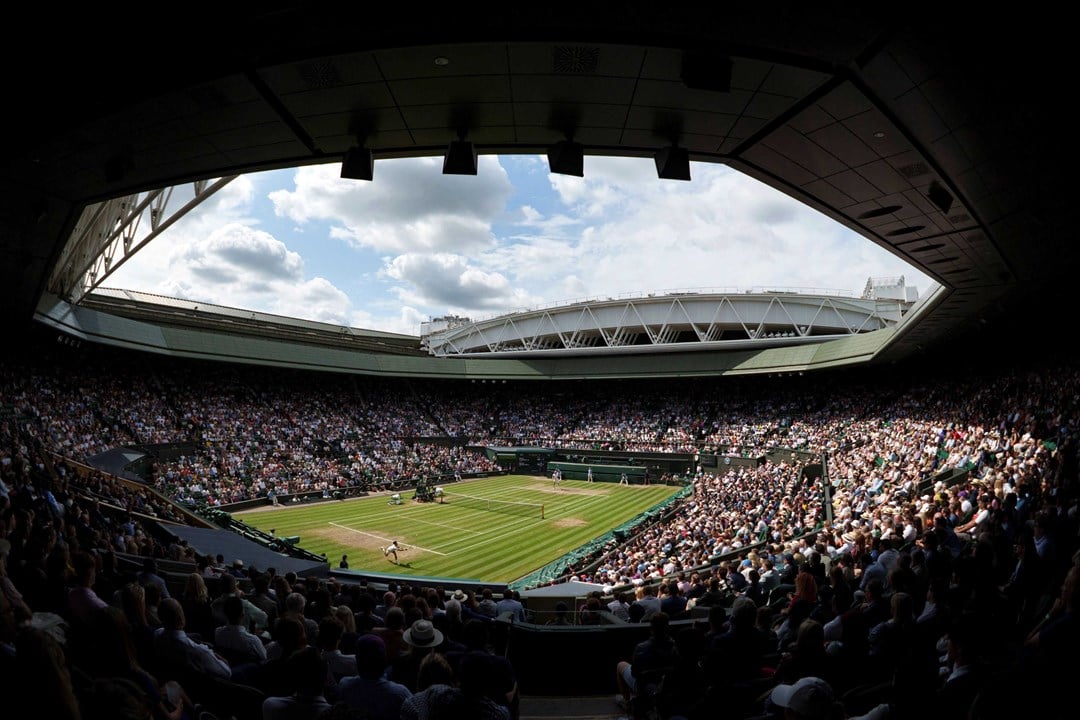In an exclusive interview with JioCinema, five-time World Chess Champion Viswanathan Anand shared his reflections on the most significant moments of his career, the toughest opponents he faced, and the promising future of Indian chess.
Reflecting on his career, Anand revealed that some of his fondest memories are intertwined with his toughest periods. “I think both were during the period between 2006 and 2013. I wanted to get my world title back. I had won it once in the knockout format but lost it the next year. For a few years, even the World Championship cycle was drifting. In 2006, I really wanted to play again, and I started in 2007. I participated in tournaments in Mexico, Bonn, Sofia, Moscow, and finally Chennai. Those were some of the most challenging times, but I now look back at that period with a lot of pleasure. Coping with the workload and training schedules was tough. For a World Championship match, you start several months in advance, and I was playing one every year. In 2007, I played one, then the following year in Bonn. We trained for four months in 2008, and I took a short break in 2009, but still needed some training for the next match. By the fourth or fifth match, it felt like going to the office every day.”
When asked about his proudest moments, Anand highlighted the 2008 World Chess Championship in Bonn, where he successfully defended his title. “The World Junior Championship in Baguio was unexpected and beautiful, definitely a high point. For the World Championship, it’s hard to choose between 2007 and 2008, but I’ll go with 2008 in Bonn. The best match I played was the World Rapid Championship in Riyadh in 2017, which I had assumed wouldn’t happen again, and then I won it. It was beautiful.”
Anand’s chess career has spanned multiple generations, and he’s faced many of the greatest players in history. When discussing his toughest opponents, he singled out two in particular. “For a long time, Garry Kasparov was very tough. The same goes for Magnus Carlsen. Generally, it tends to correlate with the strongest players in the world. I also found Kramnik and Topalov to be difficult opponents. It’s impossible to compare across eras, as chess was very different back then. I tend to favor Carlsen now as the best because he keeps pushing the boundaries, especially in faster time controls, and he has achieved many records. The caveat is that Kasparov and Karpov didn’t have the opportunity to play in as many rapid tournaments, as that format wasn’t common then.”
Anand expressed optimism about the current state of Indian chess, noting that the country now has some of the world’s best players. “Yes, I think our top team, as we saw in the men’s section, is the number one four-player group. In terms of strength, I don’t think India will ever be so far ahead of the US or China that it’s uncatchable. We will always be rivals because these countries have deep benches. There will be some back and forth, but we are among the top three nations, and it’s hard to see smaller countries catching up to us anytime soon. This group is at the absolute top.”
Looking ahead to Season 2 of the Global Chess League (GCL), Anand mentioned the inclusion of streaming giants like Hikaru Nakamura and Anish Giri. “Most of the top players are there. A couple of them may be familiar to viewers because they tend to banter a lot on social media. Famously, Hikaru Nakamura, a big streamer, is joining, and Anish Giri is also joining. Those are two new additions at the icon level. There are also many strong juniors and women players, so it will be a balanced team. One notable improvement is that we no longer have increments. That means you don’t get extra seconds every time you make a move, so time is one-way traffic—it only goes down. When you get to the last 30 seconds, you’ll see what we call mad scrambles: pieces flying, trying to make a move as fast as possible, and slamming the clock to stop it.”
He also praised the new generation of Indian talent, particularly Gukesh, Arjun, and Praggnanandhaa and whether they could dominate in a post-Carlsen era. “Gukesh is the youngest ever challenger, the youngest to win a candidate tournament, and he could become the youngest world champion. Their rating accomplishments reflect that. While they compare favorably, the trend is clear – chess is getting younger. Gukesh, Arjun, and Praggnanandhaa can be consistent winners in a post-Carlsen era. Vidit Gujrathi is about a decade older than them. He has had a wonderful year and a half and could go on for a while.”
Anand also weighed in on the much-anticipated Gukesh vs. Ding Liren rivalry. “Based on momentum and performance over the last few months, Gukesh is a huge favorite—there’s no denying that. He is clearly in good form, playing at the top of his game, which is daunting for any potential opponent. That said, Ding brings a lot of experience to the table. The World Championship is the highest stage in chess, the greatest trophy in the game. If Ding is there, he will raise his level. If you’re a great player, you can switch gears, and I expect him to do that. While Ding’s past performance over the last year and a half has been abysmal, as they say, past performance doesn’t indicate future returns. It’s tough to say. Gukesh has every right to be confident, but he should approach the match as if he knows nothing about his opponent.”


